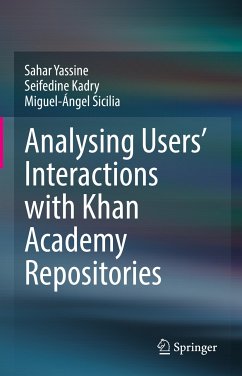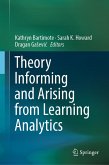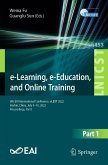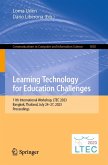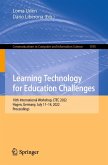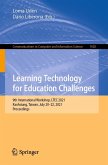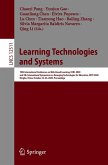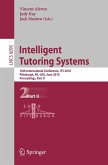The authors conducted descriptive analysis to investigate the learning repository and its core features such as growth rate, popularity, and geographical distribution. The authors then analyzed this graph and explored the social network structure, studied two different community detection algorithms to identify the learning interactions communities emerged in Khan Academy then compared between their effectiveness. They then applied different SNA measures including modularity, density, clustering coefficients and different centrality measures to assess the users' behavior patterns and their presence.
By applying community detection techniques and social network analysis, the authors managed to identify learning communities in Khan Academy's network. The size distribution of those communities found to follow the power-law distribution which is the case of many real-world networks.
Despite the popularity of online learning repositories and their wide use, the structure of the emerged learning communities and their social networks remain largely unexplored. This book could be considered initial insights that may help researchers and educators in better understanding online learning repositories, the learning process inside those repositories, and learner behavior.
Dieser Download kann aus rechtlichen Gründen nur mit Rechnungsadresse in A, B, BG, CY, CZ, D, DK, EW, E, FIN, F, GR, HR, H, IRL, I, LT, L, LR, M, NL, PL, P, R, S, SLO, SK ausgeliefert werden.

